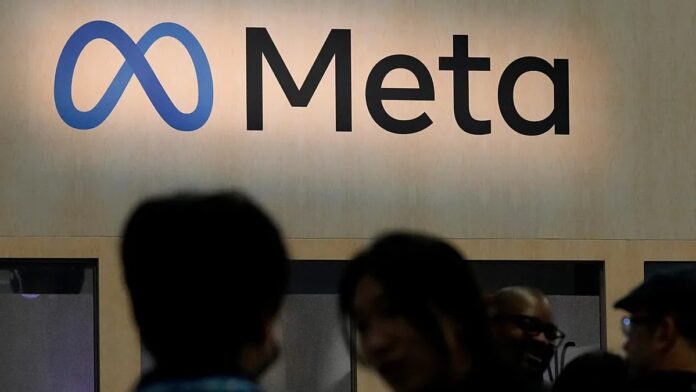Meta, the parent company of Facebook, Instagram, and WhatsApp, has won a significant legal battle against the Federal Trade Commission (FTC) in an antitrust case that could have forced the tech giant to break up. A US District Judge ruled that Meta does not currently maintain a monopoly in the social networking market, dismissing the FTC’s claim that the company illegally stifled competition through acquisitions.
The Core of the Case
The FTC argued that Meta, under CEO Mark Zuckerberg, systematically acquired potential rivals – most notably Instagram in 2012 and WhatsApp in 2014 – to eliminate competition, following a strategy Zuckerberg himself described in a 2008 email as “better to buy than compete.” The agency presented internal communications, including Zuckerberg’s own emails, as evidence of this intent. However, the court found that while past actions might have been questionable, the FTC failed to prove Meta currently holds monopoly power.
Shifting Sands of Social Media
The judge emphasized that the social media landscape has drastically changed since the lawsuit was filed in 2020. The rise of TikTok as a dominant competitor was a key factor. The ruling highlighted how rigid market definitions – specifically, excluding platforms like TikTok, YouTube, and Apple’s messaging from consideration – failed to reflect the reality of today’s interconnected social environment. As the judge put it, borrowing from the Greek philosopher Heraclitus, “you can’t step into the same river twice,” meaning the rules of competition are always changing.
The FTC’s Narrow View
The FTC’s focus on Meta’s past acquisitions of Instagram and WhatsApp—deals that were approved at the time—was not enough to prove a current legal violation. The court demanded evidence of ongoing anti-competitive behavior, which the FTC did not provide. This illustrates a broader challenge in antitrust enforcement: proving that a dominant firm is actively maintaining its power rather than simply benefiting from past success.
Implications and What’s Next
Meta’s victory is not necessarily a surprise, given the company’s aggressive adaptation to the rise of TikTok in recent years. However, this does not mean Meta is out of the woods. The company still faces upcoming trials related to the mental health impacts of its platforms on children, as well as scrutiny over its massive investments in artificial intelligence.
“This decision recognizes that Meta faces fierce competition,” said Jennifer Newstead, Meta’s chief legal officer. “Our products are beneficial for people and businesses, and exemplify American innovation.”
The ruling underscores the difficulty of applying traditional antitrust principles to rapidly evolving digital markets. While Meta has survived this challenge, the debate over its market power and competitive practices is far from over.



















































